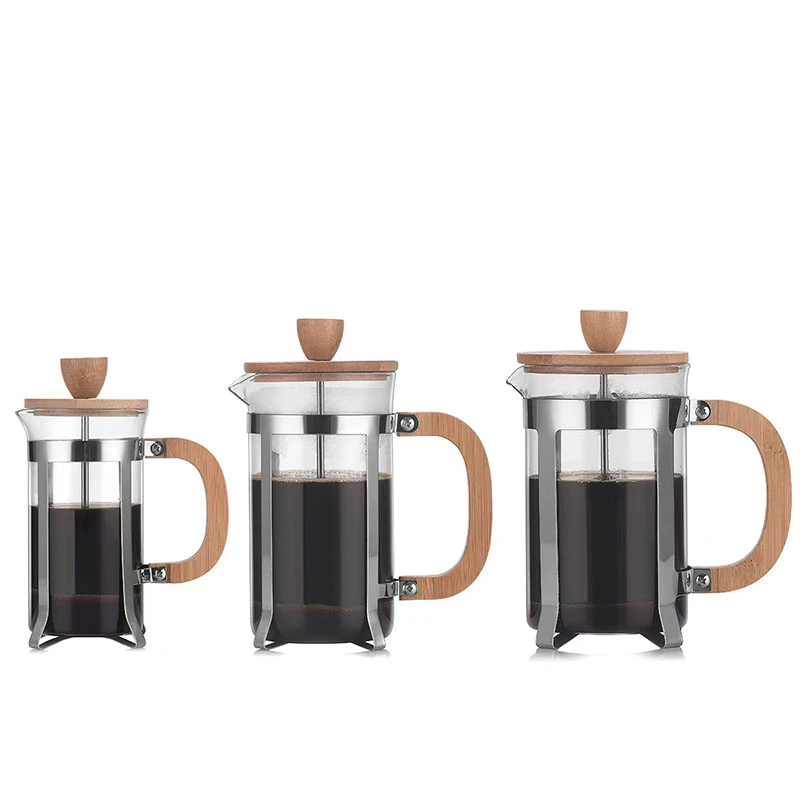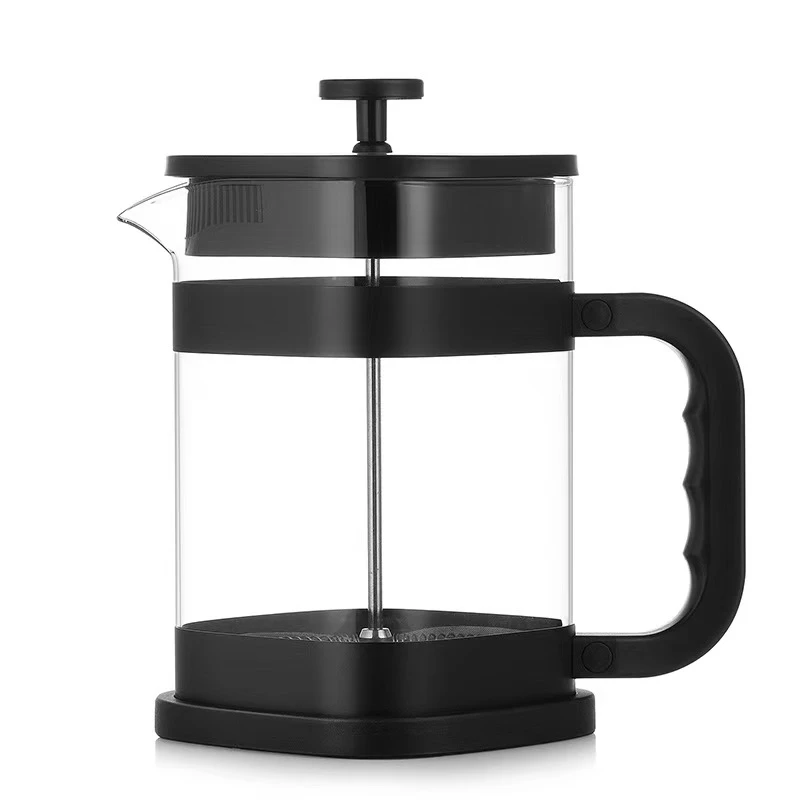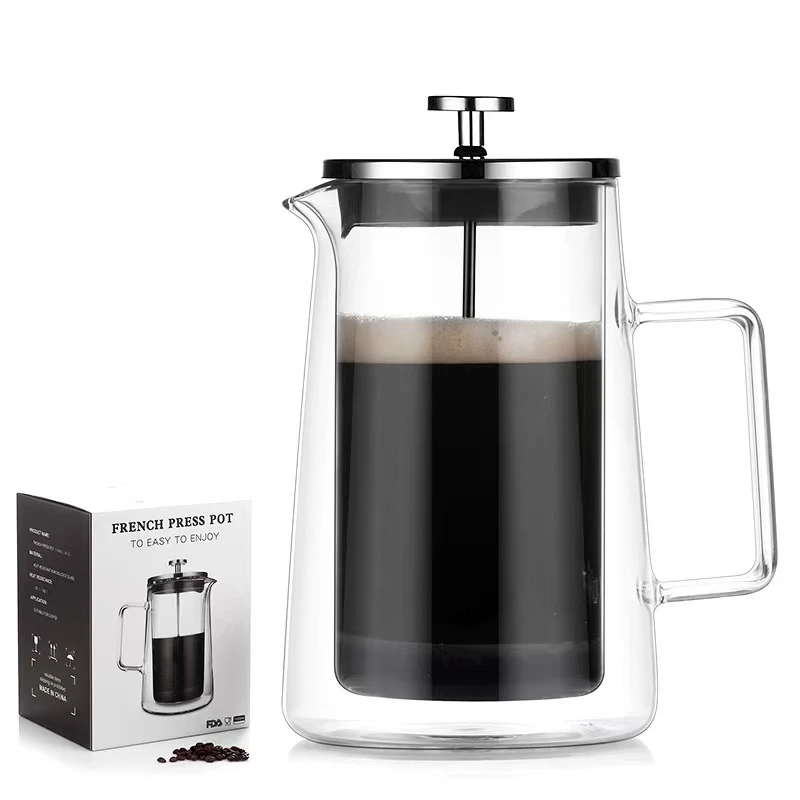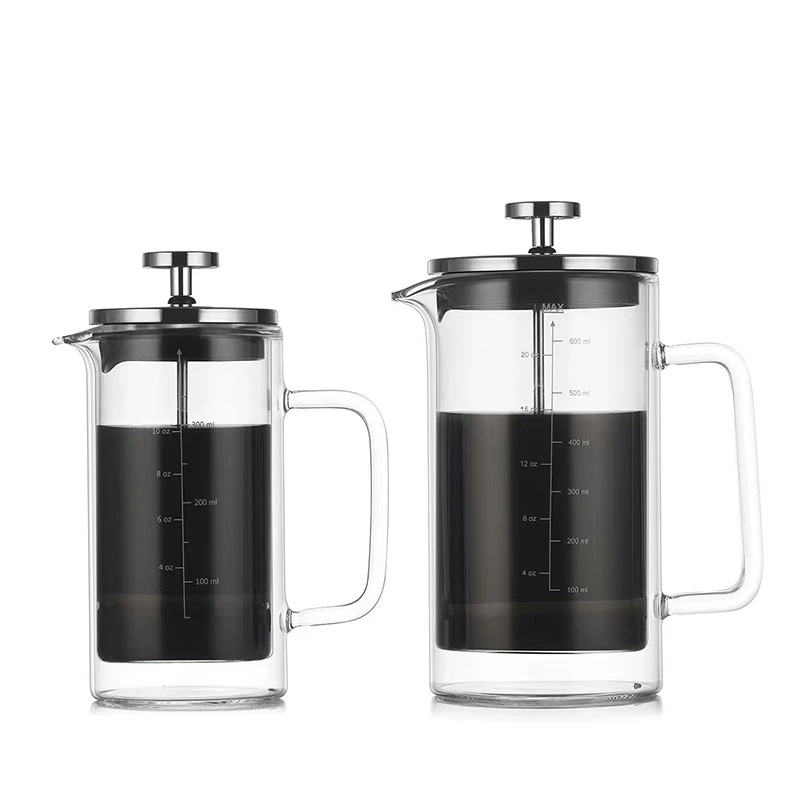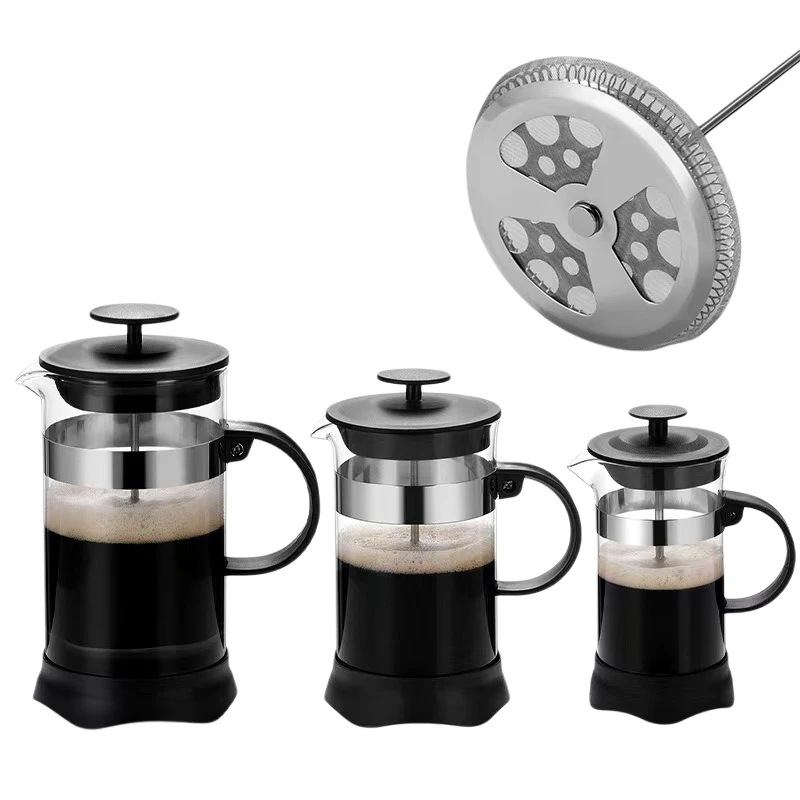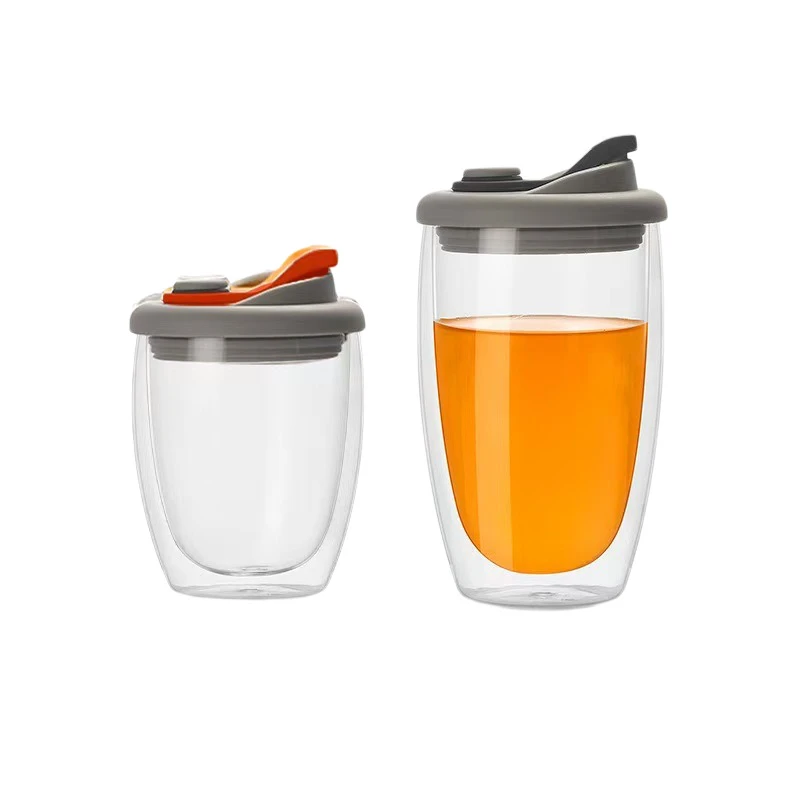 TEL: +86 311 67799298
TEL: +86 311 67799298 Email: tina@yintoglassware.com
Email: tina@yintoglassware.com
glass bottles for carbonated drinks
The Use of Glass Bottles for Carbonated Drinks
In recent years, there has been a resurgence in the popularity of glass bottles for carbonated drinks, a trend that resonates with consumers looking for sustainability, premium quality, and aesthetic appeal. As we delve into the significance of glass containers for carbonated beverages, it is essential to understand their environmental, health, and sensory benefits.
Environmental Impact
One of the most compelling reasons for the renewed interest in glass bottles is their minimal impact on the environment. Unlike plastic, which is notoriously challenging to recycle and often ends up in landfills, glass is 100% recyclable. It can be recycled repeatedly without losing quality, making it a sustainable choice for both consumers and manufacturers. The recycling process for glass requires less energy than producing new glass, further reducing the carbon footprint associated with beverage production.
Moreover, the use of glass bottles can contribute to a more circular economy. Many beverage companies are now adopting refillable systems, wherein glass bottles can be returned, cleaned, and reused multiple times. This not only reduces waste but also conserves resources, appealing to environmentally conscious consumers who prioritize sustainability in their purchasing decisions.
Health Benefits
In addition to being eco-friendly, glass bottles are a safer option for storing carbonated drinks. Unlike plastic, glass does not leach harmful chemicals into beverages, particularly when exposed to heat or prolonged storage. Polyethylene terephthalate (PET) bottles, commonly used for soft drinks, can release substances such as antimony or phthalates, which have raised health concerns. In contrast, glass offers a non-reactive, inert container that preserves the integrity of the beverage and ensures consumer safety.
glass bottles for carbonated drinks
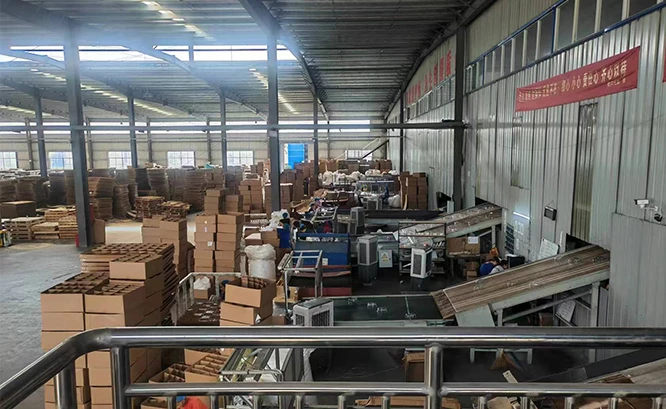
Furthermore, glass bottles are easier to clean and sanitize effectively, reducing the likelihood of contamination. For carbonated drinks, maintaining hygiene is crucial, as impurities can compromise flavor and quality. Glass bottles help to ensure that consumers enjoy their beverages as intended, with no unwanted aftertaste or chemical residues.
Sensory Experience
Another significant advantage of glass bottles is the sensory experience they offer. There is an undeniable aesthetic appeal to glass packaging, which many consumers find attractive. The clarity and elegance of glass enhance the visual presentation of beverages, making them more appealing on store shelves and at social gatherings. Brands that choose glass over plastic often communicate a message of premium quality and sophistication, reinforcing consumer perceptions of their products.
Additionally, glass bottles can help preserve the carbonation and flavor of beverages better than plastic counterparts. Glass is a non-permeable barrier, preventing carbon dioxide from escaping, which is vital for maintaining the fizzy texture of soft drinks. This retention of bubbles enhances the overall drinking experience, making carbonated drinks more enjoyable.
Conclusion
In conclusion, the rising trend of glass bottles for carbonated drinks is a positive shift toward sustainability, health, and sensory enjoyment. As consumers become more conscious of their environmental footprint and health implications, choosing glass over plastic is a compelling choice that aligns with their values. The benefits of glass — from its recyclability and inert nature to its aesthetic charm and ability to preserve beverage quality — make it a superior option for both manufacturers and consumers alike.
As the beverage industry continues to evolve, it is likely that glass bottles will play an increasingly prominent role in the market. Manufacturers who embrace this trend will not only cater to a growing segment of eco-conscious consumers but also set themselves apart in a crowded marketplace. With the right strategies in place, glass bottles can help companies drive sales while contributing to a more sustainable future. The future of carbonated drinks may very well be in glass, reflecting a beautiful blend of tradition and innovation.
-
Unparalleled Convenience by High Borosilicate Glass Bottle with a Cork LidNewsJul.17,2025
-
The Versatility and Convenience of Glass Salad Bowl SetsNewsJul.17,2025
-
The Practical Wide Application of High Borosilicate Glass Food Storage ContainerNewsJul.17,2025
-
High Borosilicate Colored Glass Bowl VS Soda-Lime Glass and Tempered GlassNewsJul.17,2025
-
Creativity with Customized Colored Glass Dinnerware Sets for SaleNewsJul.17,2025
-
Advantages Analysis of Double Wall French PressNewsJul.17,2025



